Anzac Day Commemoration 2024
John Barnett CNZM
“At the Going Down of the Sun, and in the Morning - We Will Remember Them”
Anzac Day was created in 1920 to honour the members of the Australian and New Zealand Army Corps (ANZAC) who served in the Gallipoli campaign, their first engagement in the First World War (1914–1918). ANZAC Day is a national day of remembrance in both countries, marking all those "who served and died in all wars, conflicts, and peacekeeping operations" and "the contribution and suffering of all those who have served".
For just over 100 years NZ has marked this occasion, and in particular, in this Community, we have commemorated those who served in World War II and World War II.
The focus of many commemorations and services throughout both New Zealand and Australia is ‘remembrance’, particularly of those who died.
Our community played its part, and in WWI about thirty percent of all our men who were eligible to serve, volunteered, and sixty-five Auckland Hebrew Congregation (AHC) members went to the battlefields. Seven of them never came home.
In WWII, where the enemy was one who wanted to destroy all Jews, over sixty-five percent of our community who were eligible, volunteered.
Nearly 170 of our members joined up, and around one hundred of them served in battlefields in Europe, North Africa and the Pacific. Nine of these brave men died, including a young man whose family built and lived in this house, which is now our shul.
In the Princes Street Synagogue, two prominent plaques were displayed, which honoured all those who served in these two Wars.
The plaques were proudly re-located in the entrance to the Greys Ave Shul, and they will soon be placed on walls in this building in our new community centre.
What I want to commemorate today is those who served, and came home.
At the end of both WWI and WWII, those who returned were in their late 20s, 30s and early 40s.
They came from over one hundred different families, although many were related. Their shared individual experiences and created bonds which, for many, lasted all their lives.
Following WWII they became the drivers who built this community, through the late 1940s, into the 1950s, 1960s and 1970s.
They were the people who became the driving force of the AHC, Chevra Kadisha, the Zionist Society, the Judean movement, the social and sporting events and the educational programmes which preceded the establishment of Kadimah. They provided the impetus for the publications and communications which kept us all informed about what was going on in this vibrant community at the end of the world.
They formed the minyanim, and they included the regular shul attendees.
They were among those who welcomed refugees, survivors from the Holocaust.
A number of them came home and began businesses which became household names.
Our ex-servicemen and women proudly marched on Anzac Days with their fellow soldiers, sailors, airmen of all religious beliefs, Māori and Pākehā.
While they were away in those foreign fields between 1939-1945, risking their lives, their parents, and siblings, their wives, and in some cases children, also carried a shared burden of anxiety, absence, limited communication and information, and uncertainty.
When I think about growing up in the immediate post WWII era, I remember how these bonds brought people together.
Like many others, our father never talked about the details of combat. Nearly all we knew was from the citation accompanying the military medal he was awarded for bravery at the Second Battle of El Alamein in 1942.
But he could talk for hours about the time he spent on furlough in what was then Palestine and would soon become Israel. And like all his fellow soldiers, particularly those New Zealand Jewish servicemen, there was a camaraderie, and above all else, a determination to make a better world.
We marked Anzac Day as a nation last Thursday.
Some of you may have noticed the Magen David amongst the crosses planted this last Anzac Day at the Auckland War Memorial Dawn service.
And as we commemorate it here today, we should all think, not just of the wars themselves, but of what comes after, and how those who fought to preserve our freedom, whether in previous times, or for us today in Israel, make their commitment, because they and the families that wait for them, want to build a better world.
‘We Will Remember’ in the hope that we will fulfil this aim.



